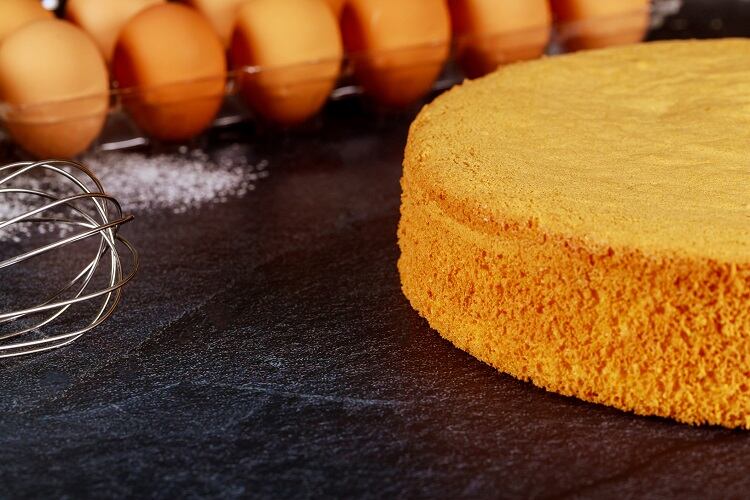Finnish biotech start-up Onego Bio has announced the successful closure of €10m seed round with participation from venture capital investors Agronomics Limited and Maki VC. Onego Bio’s technology, developed and researched at VTT, enables production of bioalbumen through cellular agriculture technology.
Bioalbumen is an animal-free egg protein, produced with a specific precision fermentation process that creates identical egg white protein without the need for animals.
The company believes that the demand for animal-free egg white protein will be growing globally, because intensive animal farming causes many environmental hazards, such as excessive use of land, greenhouse gas emissions, water scarcity, and the risk of global pandemics.
“This is part of a bigger wave of changing people’s perspective on alternative ways of producing food. The time is right to spin out this technology and start manufacturing our product, as consumers are more open to try products that are not animal-derived,” said Onego Bio CEO Maija Itkonen.
Global egg production has almost doubled its volumes during the past 20 years and is forecasted to reach 138 million tonnes by 2030. At VTT, the team has developed a safe, sustainable and cost-effective cellular agriculture method for producing ovalbumin, the most abundant egg white protein. This biotech process, based on harnessing the microflora Trichoderma reesei for protein production with the help of water, sugar and certain minerals, can provide significant environmental improvements to the egg white production, the company claimed. The team believes the chosen technology is superior because of its efficiency and productivity.
Cellular agriculture uses microorganisms and bioreactors instead of traditional animal farming. The method can be compared to beer production, in which microorganism is fed sugar to produce alcohol.
“VTT’s laboratories and technical teams have cutting-edge know-how to develop truly new innovations. We will continue working together with them on the scientific aspects, and together with our investors we simultaneously focus on commercializing the technology,” Itkonen continues.
Onego Bio will focus on building its pilot production plant in Finland during the coming years and acquiring the necessary commercial approvals for its first product, animal-free bioalbumen powder.
Onego Bio is planning to market the product as a food ingredient for the bakery and confectionary industry, as well as a protein supplement for fitness products, and later enter the consumer market with its own branded products for baking and cooking.
“We have a big mission: We want to rethink eggs and give people access to a delicious healthy animal-free alternative. Egg white is a smart starting point for the next level proteins. Because of its unique functional properties like gelling, foaming, binding and emulsifying, the egg white is extremely difficult to replace with alternative ingredients. In many applications, egg is the last frontier before entirely animal-free end products can be manufactured”, said Itkonen.
UK billion investor Jim Mellon, Executive Director of Agronomics claimed the Onego team’s capabilities have the potential to produce bioalbumen at an industrial scale and at a price point that is competitive with conventional egg production.
“Egg white production has a huge total addressable market and there is a necessity to utilize precision fermentation tools to meet the demand in a sustainable manner. We look forward to seeing what they can accomplish," he said.
Mellon added he expects that food production based on cellular agriculture will lead to a disruptive change in the entire food system. He claimed the technology would not just have a positive impact on environmental issues but also reduce exposure to antibiotics, and contribute to global health by preventing infectious diseases, such as bird flu, from transferring to humans.
“VTT has world-class knowhow in the field of cellular agriculture and microbial based protein production,” added Tua Huomo, Executive Vice President, VTT. “In Finland there are great companies working on other areas of cellular agriculture, and now it’s time to set the bar high and have a position also for proteins that are traditionally sourced from animals. This action will be hopefully remembered as one of the great milestones towards the more sustainable and healthy food system,” Huomo concludes.
The project has been part of VTT LaunchPad, a science-based spin-off incubator, where VTT researchers and technology are brought together with the best business minds and investors out there to renew industries. VTT LaunchPad supports incubator teams to develop VTT owned IPR into fundable spin-off companies.




